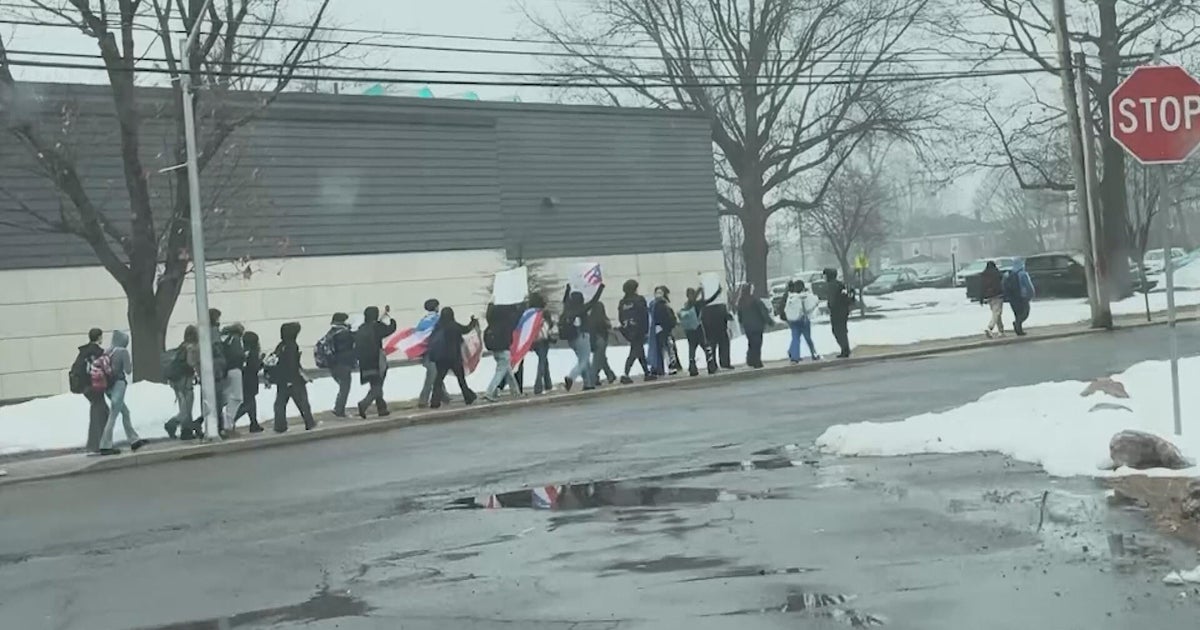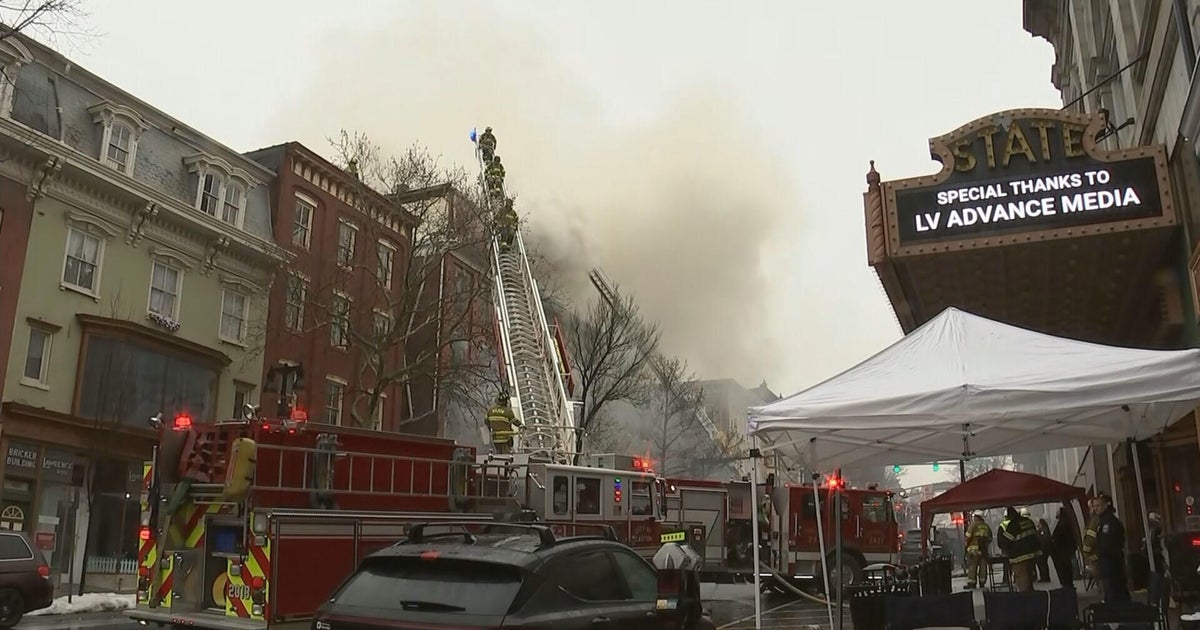First identified 30 years ago, concern grows over contaminated soil at Broward school
PLANTATION - Crews have been mulching over areas of petroleum contamination at Peters Elementary School in Plantation.
"My biggest concern is making sure out students and my child in particular, are not going to be exposed by standing and playing on the soil," said Curt Valenzuela.
His 11-year-old daughter is a student here. "I wish they would have taken care of it a lot earlier because I did know this is an issue and problem they seem to have known about for a while," he said.
According to a letter sent to parents by Broward County Schools the district first learned of the problem some 30 years ago, saying the contamination was caused by an old boiler.
"Peters Elementary School has been a known contamination site since 1992," said David VanLandingham. He is the director of the Broward County Environmental Permitting Division. The county began overseeing the district's assessment and clean up since 2017. "This contamination is petroleum related and most of that contamination is known as Benzo(a)pyrene," Vanlandingham said.
He tells me in high levels it can potentially cause cancer. According to numbers from the school district, the highest on-site reading of benzo(a)pyrene was 19.1 milligrams per kilogram. For comparison, the target for clean-up is zero point one.
"Right now, the school board's plan is to remove a good deal of these contaminated soils and anything that would remain would be covered with pavement or clean fill to prevent exposure in the future," he said.
Around campus areas of concern are blocked off and covered with grass or mulch to keep contamination from spreading.
"It started in 1992, this has been an ongoing issue. Why it hasn't been addressed sooner seems like there was a lot of bureaucracy and communication issues between governmental agencies," said Broward School Board Member Debbie Hixon. She's working with parents to get this done once and for all.
"We're not just going to monitor the soil, we know it's contaminated. I'm going to make sure this summer that the soil is removed that's contaminated and that the remediation is complete," she said.
When that contaminated soil is removed this summer, when kids aren't at school, there will also be precautions taken so none of those contaminants spread into the neighborhood.
We requested an interview with the school district's environmental health and safety director. She's in charge of the project. We were told she is not available.
Late Thursday afternoon, the district responded to our question of why this process has stretched out over 30 years. Here's what they had to say:
"The safety, security and well-being of our students and staff are our highest priorities.
The removal of an underground storage tank for a boiler at Peters Elementary School took place around 1992. As part of the removal, some initial source removal was completed, the area was backfilled, and ultimately enrolled in the state's petroleum cleanup program. This program provides funding for cleanup based on an assigned score by priority – this site received a low priority score. Funding became available in 2015, which initiated a process of assessment and reporting to define the specific source removal area. However, the completion of the assessment shifted the source from the underground tank to the boiler exhaust, thus removing g the site from the program.
A component of petroleum products, Benzo(a)pyrene, was identified in the soil. This component can be found throughout our urban environment from vehicle exhaust, smoke from forest fires or cigarettes, industrial processes, working with petroleum products, or cooking food with charcoal. The Notification Letters sent to the school identified the single highest result within the assessment area, greater than the Florida Department of Environmental Protection soil cleanup target levels. These soil cleanup target levels are calculated based on exposures for 350 days per year over a minimum of 30 years."








